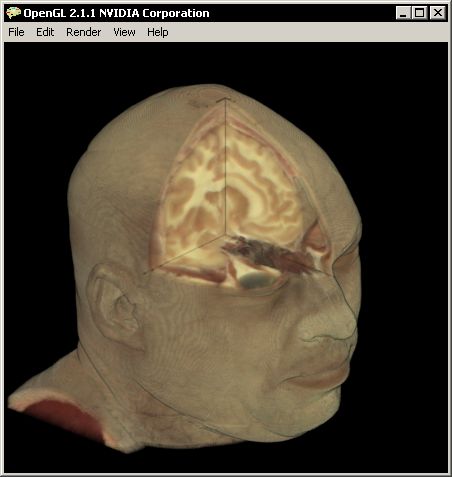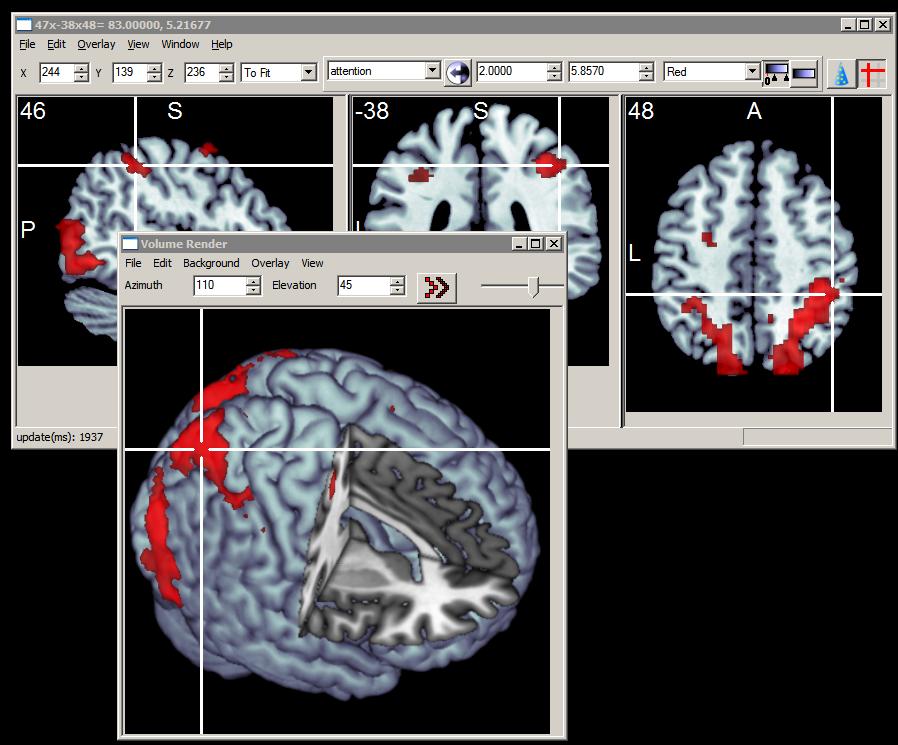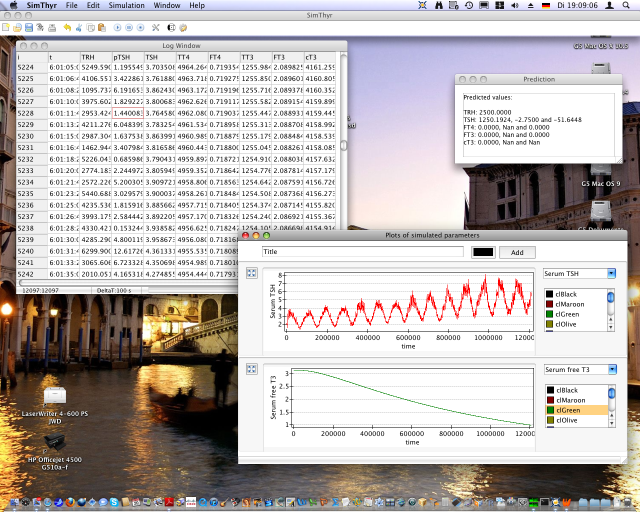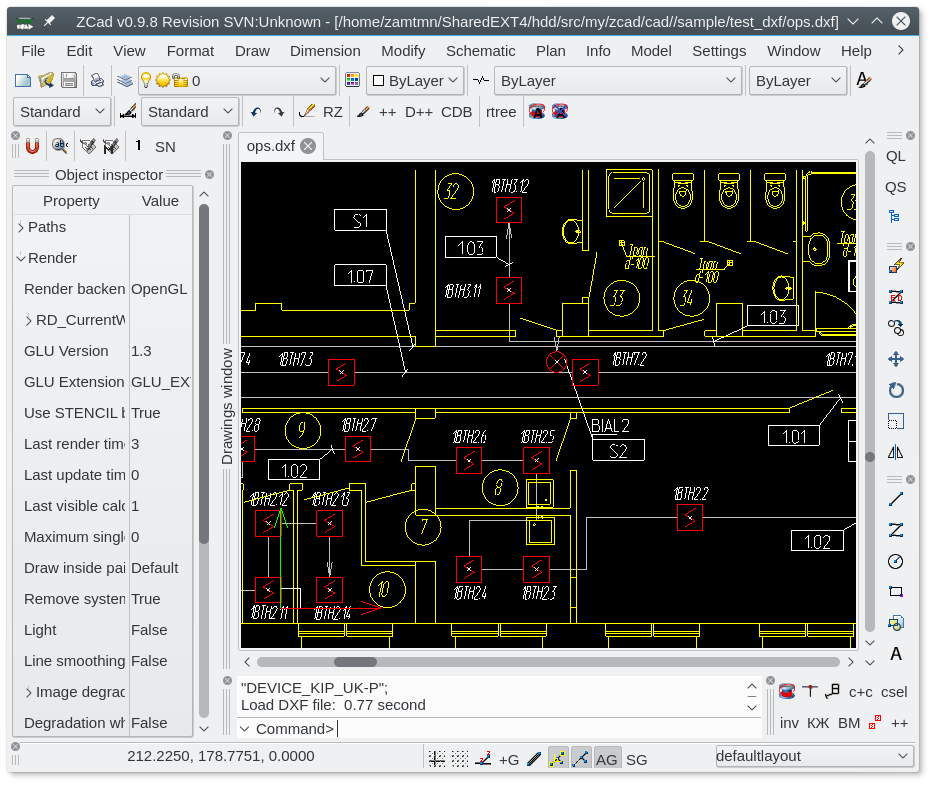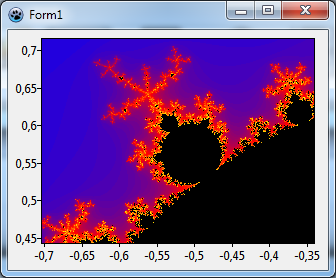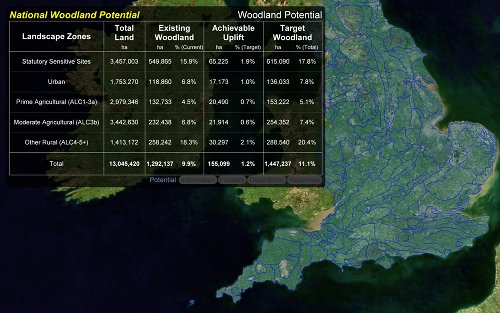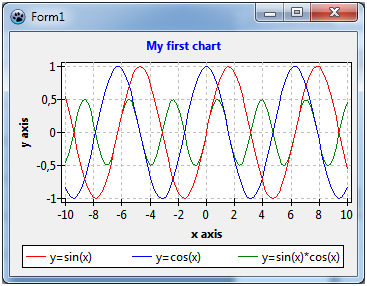Difference between revisions of "Portal:SciTech"
Jwdietrich (talk | contribs) |
Jwdietrich (talk | contribs) (Improved legibility of introductory text.) |
||
| Line 5: | Line 5: | ||
| valign="top" | | | valign="top" | | ||
[[File:mricrlglxp.jpg|right|90px]] | [[File:mricrlglxp.jpg|right|90px]] | ||
| − | From its very beginning, Pascal has a strong position in science and technology. Pascal's utility in scientific applications is supported by fault prevention strategies (which were built-in from the ground up), a broad spectrum of supported platforms from embedded and mobile systems to mainframes and supercomputers, and by a high execution speed of compiled programs. Modern Pascal implementations including Free Pascal complement Pascal's pole position by integrating state-of-the-art programming paradigms and a plethora of bundled mathematical data types and functions. This diversity is supplemented by multiple third-party libraries and components for highly specialised applications. | + | From its very beginning, Pascal has a strong position in science and technology. Pascal's utility in scientific applications is supported by integrated fault prevention strategies (which were built-in from the ground up), a broad spectrum of supported platforms ranging from embedded and mobile systems to mainframes and supercomputers, and by a high execution speed of compiled programs. Modern Pascal implementations including Free Pascal complement Pascal's pole position by integrating state-of-the-art programming paradigms and a plethora of bundled mathematical data types and functions. This diversity is supplemented by multiple third-party libraries and components for highly specialised applications. |
| − | This portal provides an overview of applications of Lazarus and Free Pascal | + | This portal provides an overview of applications of Lazarus and Free Pascal in science, research, medicine and technology and a (continuously growing) selection of scientific third-party extensions. |
|- | |- | ||
| valign="top" | | | valign="top" | | ||
Revision as of 14:11, 25 February 2017
|
From its very beginning, Pascal has a strong position in science and technology. Pascal's utility in scientific applications is supported by integrated fault prevention strategies (which were built-in from the ground up), a broad spectrum of supported platforms ranging from embedded and mobile systems to mainframes and supercomputers, and by a high execution speed of compiled programs. Modern Pascal implementations including Free Pascal complement Pascal's pole position by integrating state-of-the-art programming paradigms and a plethora of bundled mathematical data types and functions. This diversity is supplemented by multiple third-party libraries and components for highly specialised applications. This portal provides an overview of applications of Lazarus and Free Pascal in science, research, medicine and technology and a (continuously growing) selection of scientific third-party extensions. |
|
Related topics
Portals: Databases - SciTech - Hardware and Robotics Categories: FPC in Science and Technology - Chaos Theory - Software for Biomedical Research - TAChart - High-performance computing |
|
|
